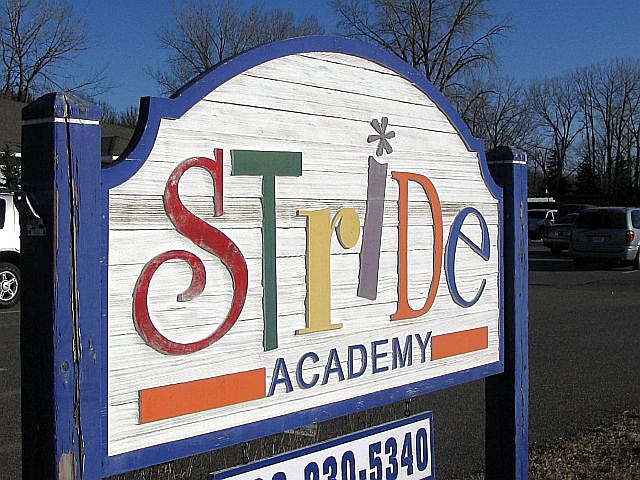

Perhaps a widow who lives alone, or a disabled man who uses a wheelchair and can only access a certain number of buildings in the area. … Then we have the senior citizen, largely forgotten in the beard-stroking dither of progressive politics.


Maybe you’re looking to get back into education and have a limited amount of time for activities that require concentration? Maybe you are a young man, recently released from prison, perhaps on a tag, who has been given an apprenticeship in a barbers or a local deli but have no experience? Throw a little ADHD in the mix and an underlying psychological issue, which is exacerbated by stress, and suddenly the simple act of entering a library becomes an immense act of personal courage.

Maybe you are a single mum, with a learning disability like dyslexia, or you might be battling with a drink problem. Now throw in the fact you are maybe not the best reader. Now imagine you are already pretty stressed, perhaps because you have no money, or because debt collectors and council tax are breathing down your neck. To get a sense of how difficult it is to concentrate when there are things going on around you, pick up your smart phone and start thumbing through a selection of ring tones, while continuing to read this page–I’ll wait. As well as not costing any money, the library is one of the few places in a deprived community that is quiet enough to hear yourself think. Aside from this more obvious function, the library performs a much simpler one–one which any librarian worth their salt will guard jealously. When you are in a public library, you are in the presence of people who are attempting to take a massive stride forward in their often chaotic and stressful lives. People who enter a library are actively trying to better themselves in some way and often lack the basic resources or skills to reach their goals. Particularly in communities characterised by poor education, low opportunity and high levels of stress, the library is an engine room of social mobility where people go to complete college and job applications, get help filling out forms to access benefits and bursaries as well as accessing the internet and books to learn new skills or find information. “Admittedly, many of us don’t use libraries any more, but for those who do, it’s impossible to overstate how indispensable the service is. Along the way I found this impassioned defence of public libraries, attacking the fashion for blending libraries with community centres, and thus removing that crucial element of the library experience–silence: I’ve just finished reading Darren McGarvey’s Poverty Safari (2017), an engrossing attempt to speak about the experience of growing up in poverty and to think about the gulf that separates the middle classes from the ‘underclass’.


 0 kommentar(er)
0 kommentar(er)
